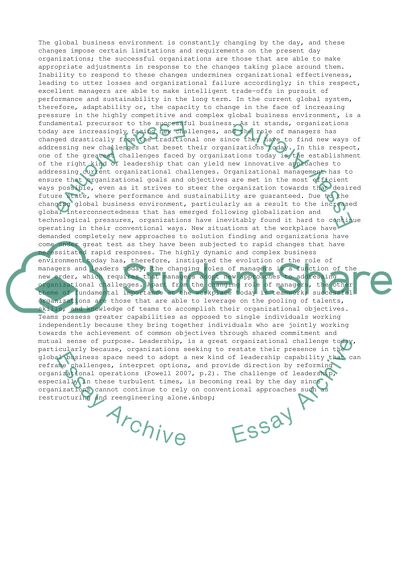Cite this document
(“Critical Business Issues And Self-Evaluation Essay”, n.d.)
Critical Business Issues And Self-Evaluation Essay. Retrieved from https://studentshare.org/management/1495883-critical-business-issues-and-self-evaluation
Critical Business Issues And Self-Evaluation Essay. Retrieved from https://studentshare.org/management/1495883-critical-business-issues-and-self-evaluation
(Critical Business Issues And Self-Evaluation Essay)
Critical Business Issues And Self-Evaluation Essay. https://studentshare.org/management/1495883-critical-business-issues-and-self-evaluation.
Critical Business Issues And Self-Evaluation Essay. https://studentshare.org/management/1495883-critical-business-issues-and-self-evaluation.
“Critical Business Issues And Self-Evaluation Essay”, n.d. https://studentshare.org/management/1495883-critical-business-issues-and-self-evaluation.


